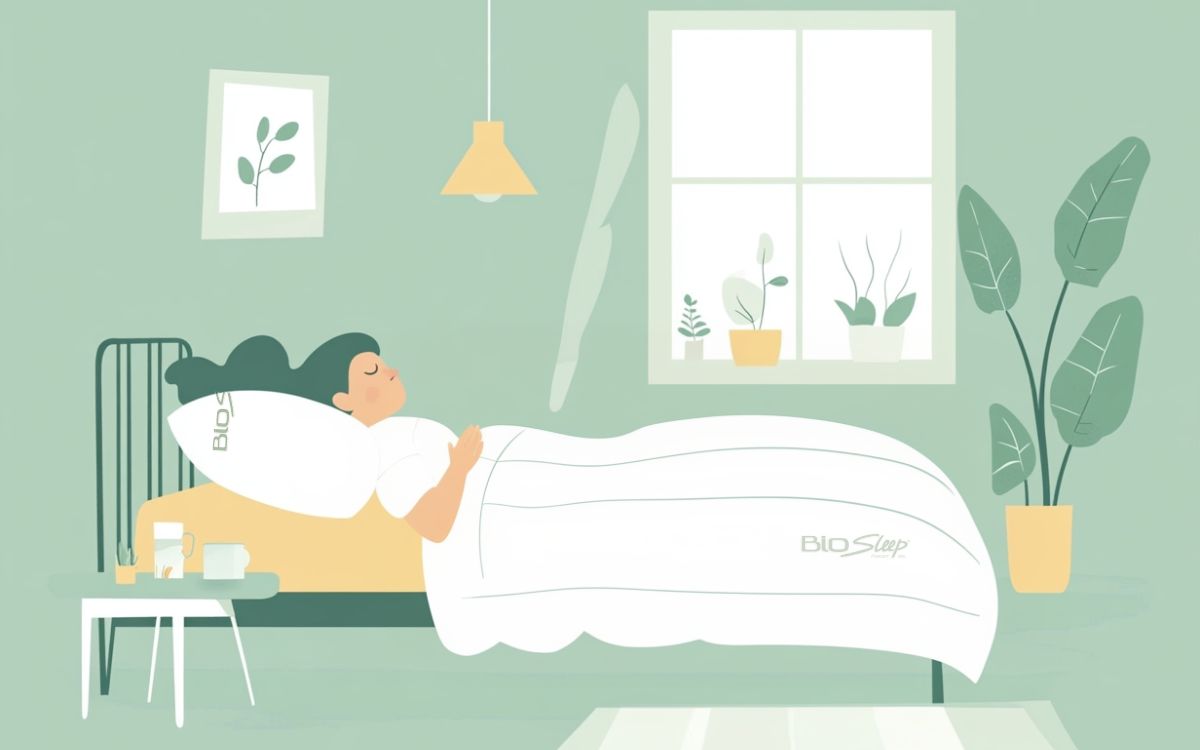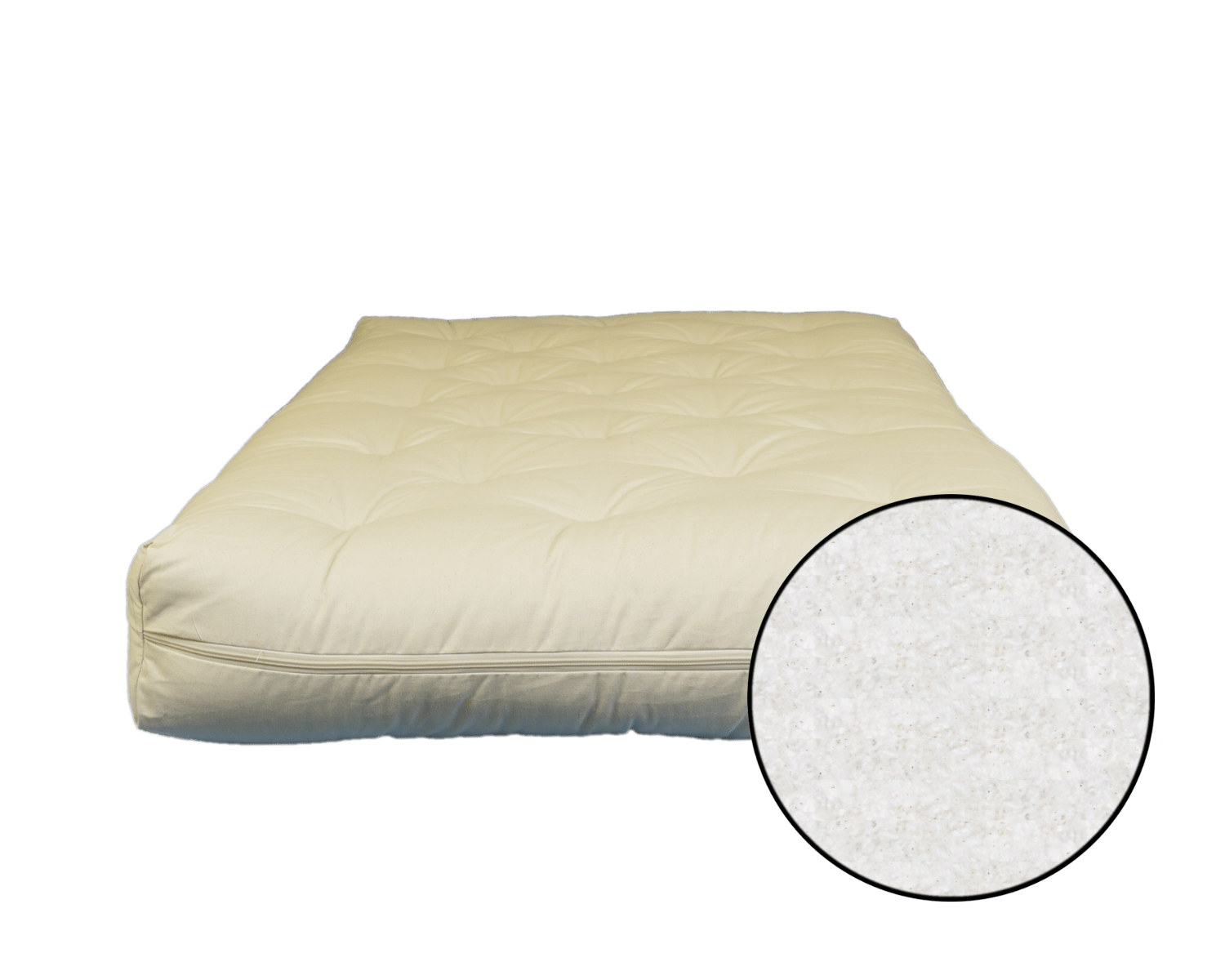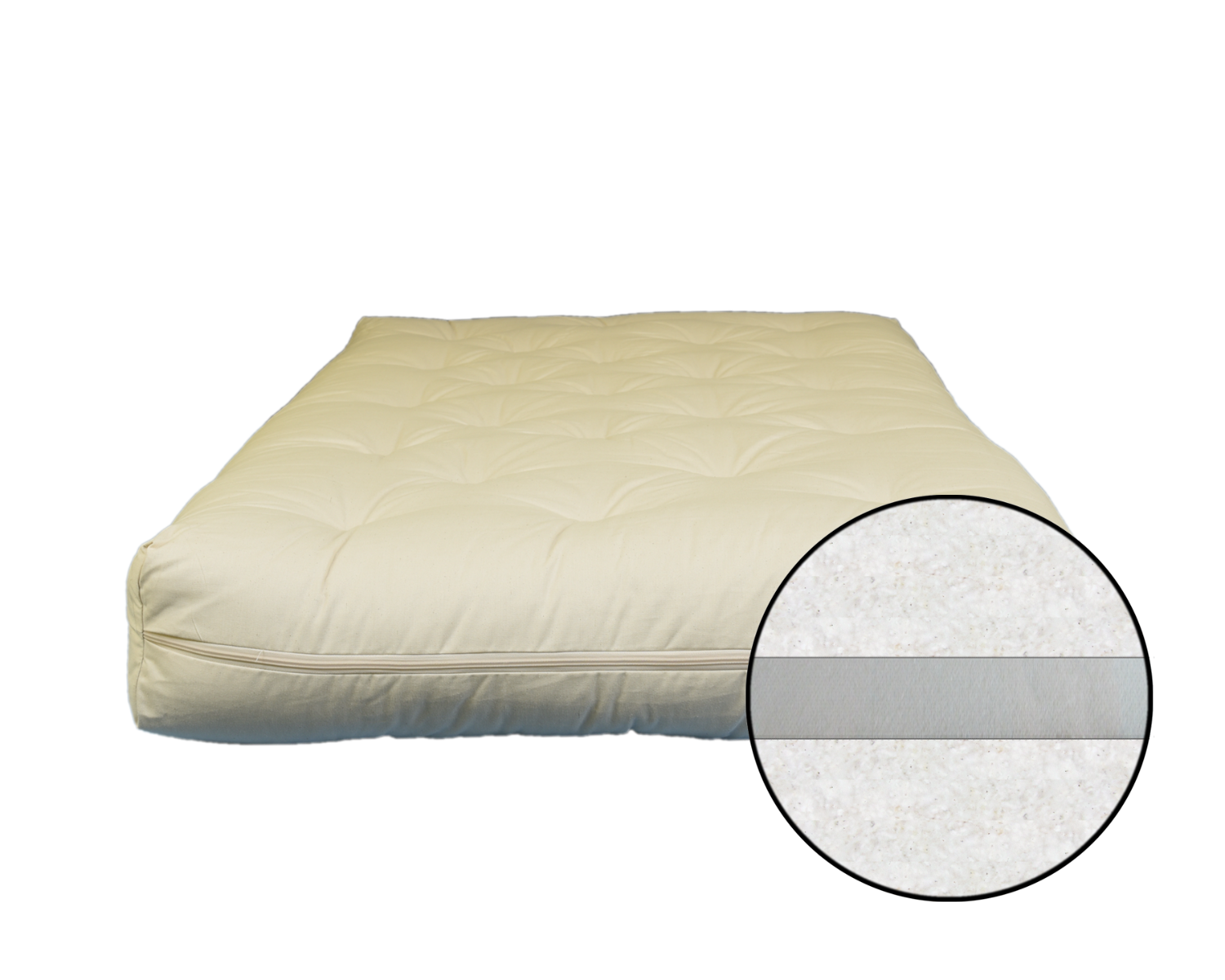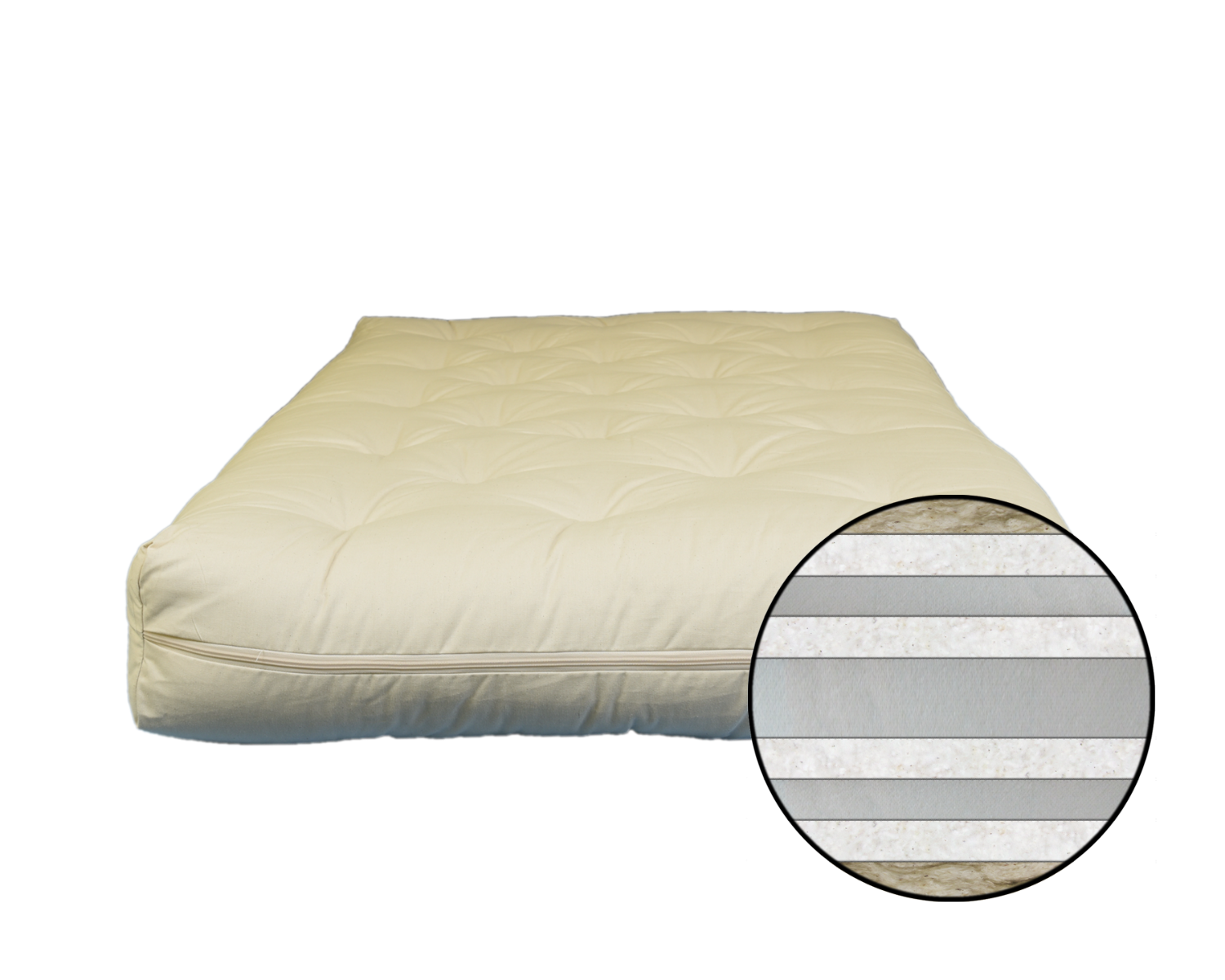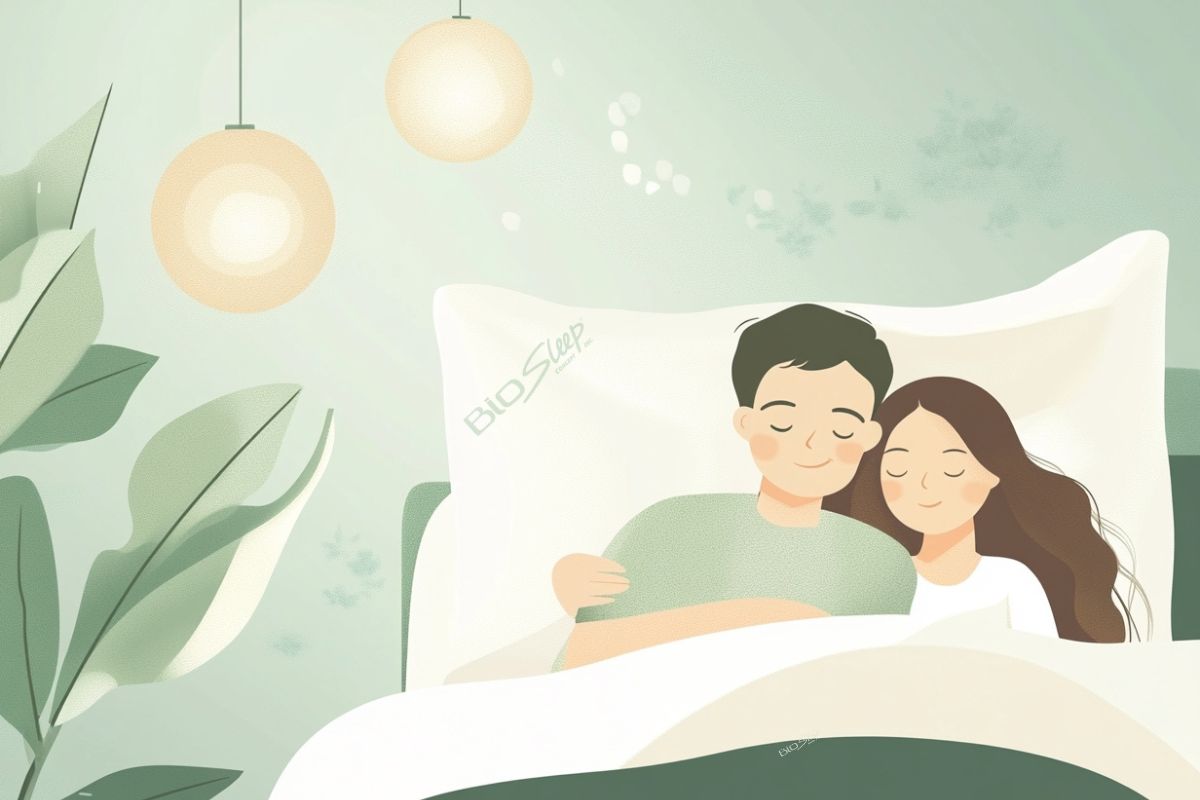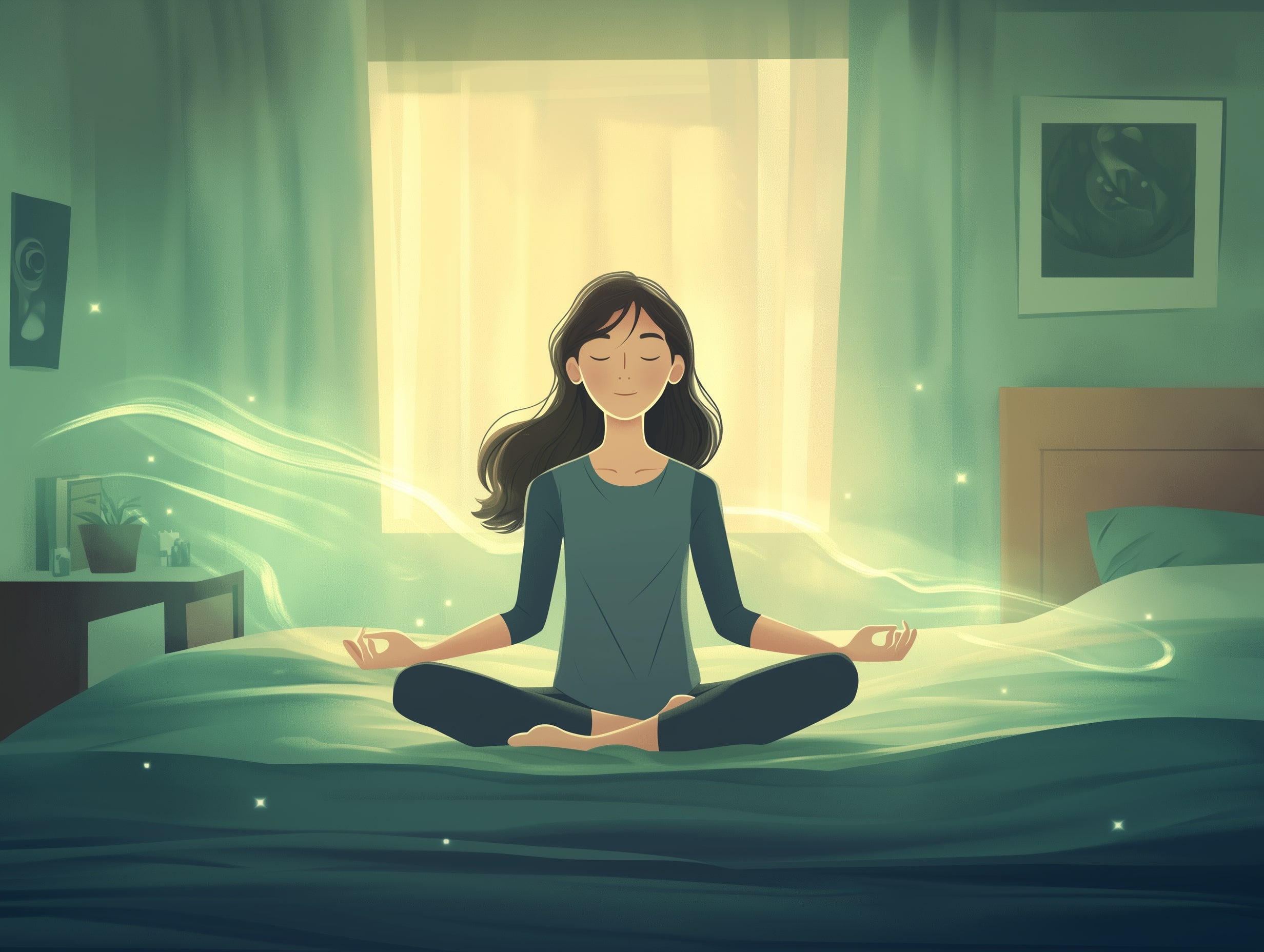Many people confuse deep sleep with normal sleep; however, there’s a vast difference between the two.
Deep sleep is the final stage of non-REM sleep, characterized by reduced bodily functions and slow brain waves. It is the perfect state for physical and mental restoration.
Once you’ve entered your deep sleep phase, your body will find it easier to repair tissues, boost your immune system, consolidate memories, etc. It can also facilitate healthy hormone regulation, mood regulation, and several other physical and cognitive functions.
If you want to experience these benefits and support your overall well-being, you must aim to achieve at least 1.4 hours of deep sleep every day. Even if you experience difficulty going to bed early or keep tossing and turning throughout the night, making simple changes like sleeping on an organic mattress can make a huge difference.
This guide covers seven science-backed tips that can help people achieve deep sleep. So, let’s explore the tips shared below.
Tips to Achieve Deep Sleep
1. Get Comfortable Bedding Essentials
Sometimes, the quality of your bedding essentials, especially poor-quality bedding, can disrupt your sleep. If you have the proper bedtime routine, environment, lifestyle, etc., yet struggle with deep sleep, it’s time to examine your bedding essentials.
You can replace an old and firm mattress with an organic mattress, a rather hard pillow with a memory foam pillow, a rugged blanket with a soft comforter, etc.
Since your sleepwear and bedding fiber also affect your sleep quality, ensure you pick the right bedding essentials.
2. Establish and Follow a Consistent Sleep Schedule
Everyone has an internal biological clock called the circadian rhythm that controls the sleep-wake cycle. It performs optimally when you regularly align this internal clock with sunrise and sunset.
A systematic review reveals how going late to bed or having an irregular sleep pattern can negatively affect a person’s sleep quality. Hence, to experience deep sleep, focus on creating and sticking to a consistent sleep schedule.
You can begin by creating a relaxing bedtime environment, making your organic mattress ready, switching off devices, practicing relaxation techniques, etc.
3. Optimize Your Bedroom Environment
This tip aims to help everyone create a comfortable environment where falling asleep becomes a breeze. While bedding essentials are crucial parts of this environment, so are other considerations like the room’s temperature, ventilation, and noise level.
If you find it challenging to sleep on time, try optimizing your bedroom environment by blocking or minimizing any external noise, artificial light from surrounding devices, etc. Also, try to keep your bedroom’s temperature at around 65°F (18.3°C) to support deep sleep.
4. Avoid Caffeine Consumption in the Second Half of Your Day
While caffeine is great for keeping you going through hectic work schedules, you should avoid drinking coffee in the second half of your day because it affects your sleep quality.
Our brain produces a substance called adenosine that makes us feel tired, signaling the brain to sleep. When you drink coffee in the evenings or later after that period, it acts as an adenosine blocker. Consuming caffeine in the second half of the day can lower your sleep efficiency by 7% and reduce the overall sleep time by 45 minutes.
5. Exercise Regularly
One of the best ways to improve sleep quality and experience deep sleep is by exercising regularly. If you exercise for even 150 minutes a week, you can notice significant improvements in your sleep patterns and quality.
In fact, a scientific study even reveals how regular exercise can help lower insomnia symptoms, facilitating more deep sleep. While exercising is great for improving your sleep quality, avoid exercising late in the evenings or a few hours before sleep.
6. Check In With Your Mental Health
People with high cortisol levels often experience extreme stress, anxiety, and other mental health challenges. It usually affects their sleep quality and cycle, preventing them from experiencing deep sleep.
According to a science journal published in Natural Medicine Journal, high cortisol levels can lead to sleep disturbances in the form of fragmented sleep, decreased deep slow-wave sleep, shortened sleep time, etc.
Fortunately, you can fix it by checking your mental health and practicing mindfulness activities like journaling, self-care rituals, and meditation.
7. Play Ambient Music
While some people may prefer to turn off all possible sounds to fall asleep faster, a scientific journal recommends otherwise.
It reveals how playing sleep ambient music can create a serene auditory experience for listeners, helping them fall asleep faster. Listening to such music improves sleep quality and reduces anxiety.
Listening to ambient music regularly before sleeping helps release endorphins and lowers cortisol levels to promote relaxation and deep sleep. You can create a playlist of numerous ambient music pieces and let it play in the background while you sleep on a comfy organic mattress.
Promote Deep Sleep for Overall Wellbeing
Whether you’re an adult or a senior citizen, you will always need deep sleep to recover mentally and physically after a long day. It will help you sharpen your cognitive functions while supporting your bodily functions.
While there are various ways to experience deep sleep, this article has handpicked seven science-backed tips that work for almost every person.
The tips range from simpler recommendations like sleeping on an organic mattress to slightly effort-demanding like regular exercising. You can try all the seven tips discussed in this article to see what works best for you.
However, if you have clinical sleep disorders, consider consulting a practicing healthcare professional for personalized guidance.

